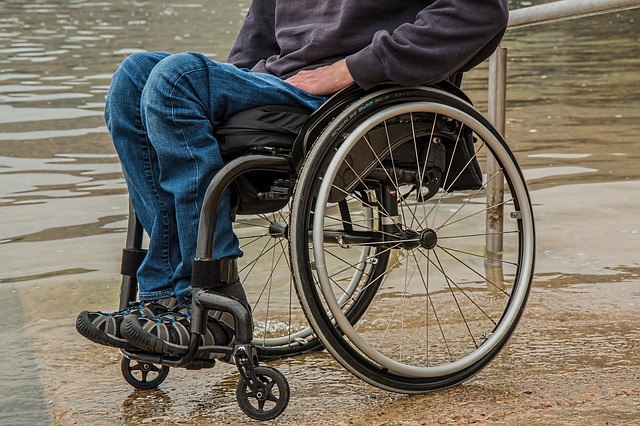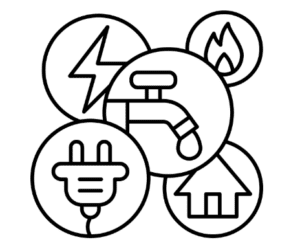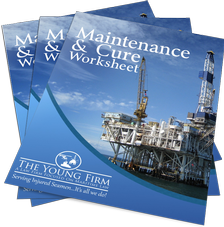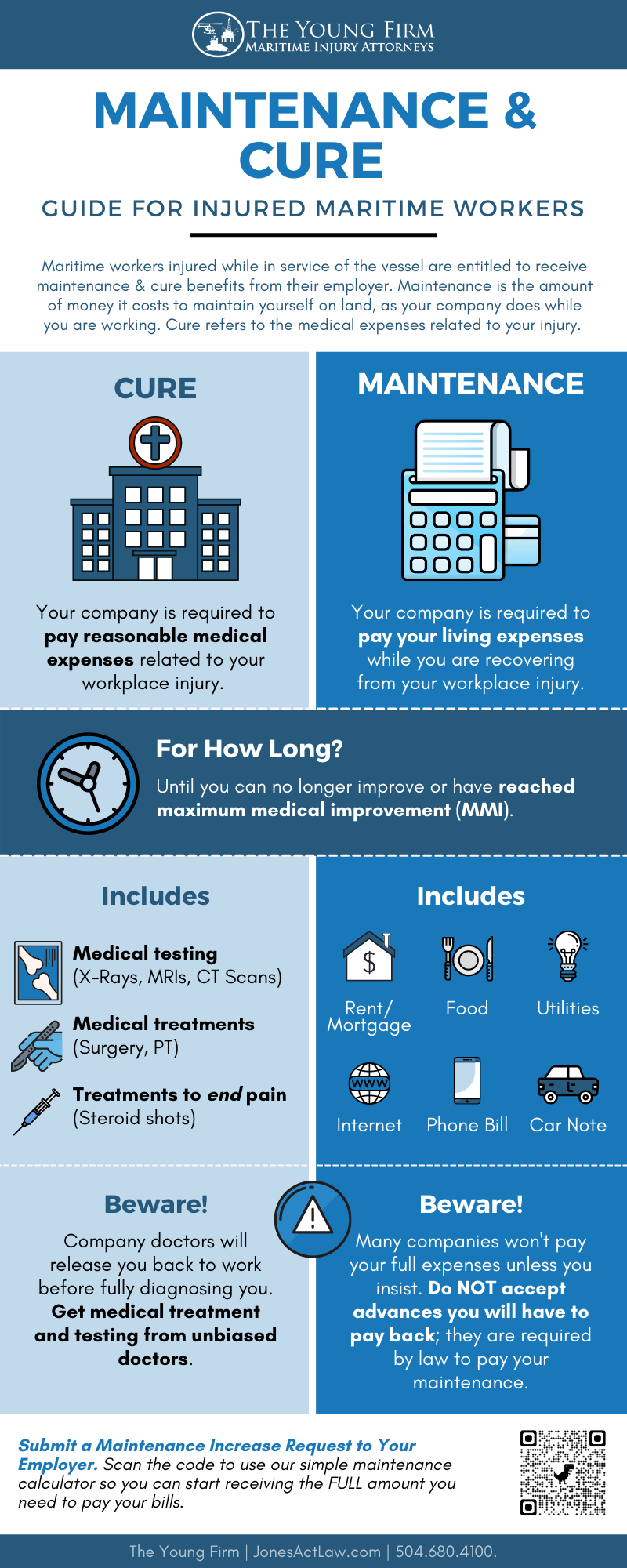Maintenance and Cure: Knowing Your Rights Under Maritime Law
When a maritime worker falls ill on the job or is involved in a workplace accident, maintenance and cure benefits help with living expenses and medical care until the worker reaches maximum improvement. Under general Maritime Law, an employer has an obligation to provide these crew members with maintenance and cure, or risk paying punitive damages.
Let’s take a look at the benefits you should receive after suffering a seaman’s injury at the workplace.

What is Maintenance?
Maintenance is money that your employer is obligated to pay you if you sustain an injury while working offshore. The amount that your employer pays you is dependent on how much it costs for you to live on land.
In other words, maintenance typically includes:
-
Costs for your lodging
-
Food
-
Utility bills and other monthly bills while you are injured
Most companies provide maintenance rates of $15.00 to $30.00 per day. There is absolutely no basis in the law for the payment of this amount. Most maritime employers arbitrarily select this maintenance rate and argue that it’s the amount companies have paid injured seamen for many years.
However, you are entitled to receive maintenance at whatever rate it costs to maintain yourself while you are injured. This means full compensation for your life expenses until you are fully recovered.
What is Cure?
Cure payments refer to medical expenses that are reasonable and related to your injury. Your employer should be paying for your medical bills, regardless of whether you are using a company doctor or your own personal doctor.
You are legally entitled to choose your own doctor, and your company MUST pay for any medical treatment that is reasonable and related to your injury. Keep in mind that you must see the company doctor at least once, but not before seeing your own physician.
The following are examples of medical costs that cure benefits may be cover:
-
Tests (X-rays, MRI, CT scan)
-
Hospital services
-
Prescription medication
-
Physician services
-
Travel expenses
-
Emergency services
-
Home healthcare
-
Physical therapy
-
Office medical appointments
The following are 3 things you should know about medical benefits:
-
It ends when you reach maximum medical improvement (MMI). This means that treatment is no longer necessary or will not improve your condition.
-
You may still be considered permanently disabled even if you reach maximum cure.
-
Punitive damages may be available if your employer or some other party acted in egregious negligence or intentionally caused you harm.
Although most maintenance and cure claims settle outside of court, your attorney may need to file a lawsuit for you and pursue damages at trial if your employer or other at-fault party refuses to pay for reasonable medical expenses.
What Maintenance and Cure Doesn’t Cover
Maintenance and cure benefits can ease financial strain in many ways, but they do not cover everything. You should receive nearly full benefits for all reasonable living expenses, but there are some types of medical care that will not be covered.
Maintenance and cure benefits under Jones Act coverage is intended for only certain types of medical care and the necessities of life. Jones Act compensation does not pay for:
-
Medical costs after reaching “maximum medical improvement.” This means a doctor has deemed the worker will no longer continue to improve from additional medical treatment, even if unable to return to work.
-
Medical treatments that are not curative in nature. These refer to treatments not designed to help the worker heal or get better, like elective procedures.
-
Treatments for injuries that did not occur at the workplace.
-
Treatments for injuries or conditions that occurred before the worker was employed.
Some injured seamen are unfamiliar with their rights or may be confused by what is covered. Maritime workers who are injured as a result of employer negligence may be entitled to file an injury claim or lawsuit with the help of a maritime lawyer to recover damages.
 How Can You Get Enough Maintenance and Cure?
How Can You Get Enough Maintenance and Cure?
We recommend that you download our free Maintenance & Cure Worksheet. In this worksheet, we give a recap on your rights as well as provide an Expense Form. You can fill out this Expense Form and send it to your company. Make sure you copy the letter before sending it. This ensures that both you and your company have a physical copy of how much it costs for you to make your bills and continue surviving during your injury. This will be important if your company refuses to pay the full amount and you are forced to find legal representation.
What if Your Employer Refuses to Give You Enough Money?
As mentioned previously, if your employer fails to pay your medical expenses, you can then have a judge or jury decide whether or not your employer should pay.
To do this, you will need the help of a maritime attorney to file a claim that successfully argues that your employer was:
-
“Unreasonable” in failing to pay your medical and living expenses
-
“Arbitrary” in refusing to pay
If you intend to file a claim, we recommend that you document all of your living and medical expenses and maintain records of everything.
If your employer is found to be unreasonable in failing to pay your living and medical expenses, you may be awarded attorney fees associated with having to file suit. Additionally, if your employer is found not only to be unreasonable but also arbitrary in failing to pay, you may be awarded damages for any worsening of your condition.
The law states that all ambiguities or doubts in regard to a maintenance and cure claim should be resolved in favor of the seaman. This doctrine gives you an idea of how strong your rights and benefits are under these laws.
Can You Still Receive Maintenance and Cure if You Go Back to Work?
Under maritime law, you are absolutely still eligible for maintenance and cure benefits, even if you’ve returned to work.
The criteria for receiving these benefits are:
-
Are you still getting medical care that could result in an improvement of your condition?
-
Have you not yet reached maximum medical improvement or maximum cure regarding your injury?
Even if you go back to light-duty, temporary work to make some money, that does not necessarily mean that your company must stop paying maintenance and cure benefits. If your employer is attempting to stop you from collecting maintenance and cure payment because of temporary work, you may need benefit from the help of an experienced maritime lawyer.
Should You Keep Logs of Your Expenses After an Injury?
Yes, injured workers should keep records of lodging and meal expenses after a maritime accident results in an injury that prevents them from staying on the vessel.
It can be important to keep receipts and records even if maintenance benefits are set, as some cases may call for an additional Jones Act lawsuit against the employer if their negligence caused the injury. These receipts, or copies of receipts, can come in handy if an injured worker decides to pursue a Jones Act claim.
Keep in mind that maintenance benefits are to cover room and board along with food costs. So, if you’re hospitalized, maintenance benefits wouldn’t be necessary because cure benefits take care of medical expenses.
Maritime Law FAQ
Below are answers to some common questions we receive from potential clients about maritime injury claims:
What cure benefits are available to injured maritime workers?
Cure benefits cover reasonable medical costs and expenses after an offshore accident. But they are only available until the employee reaches maximum medical improvement. This doesn’t necessarily mean the worker has totally recovered, but it does mean the injury has been treated as well as it can be.
How hard is it to win a maintenance & cure claim?
Under the landmark decision of Vaughan v. Atkinson, the United States Supreme Court held that all doubts and ambiguities are to be resolved in favor of the seaman in maintenance and cure claims. This means that there is a very light burden of proof for you to win your claim.
This favorable case law can be very helpful in demanding that your employer pay maintenance and cure as your case progresses. All employers understand that a jury will be told that all doubts and ambiguities are to be resolved in your favor at trial. Although this does still require that you present sufficient proof to win your claim, you have less of a burden to win your case than your employer. The law favors awarding you the benefits rather than denying them to you.
Is maintenance and cure always resolved in favor of an injured seaman?
The law states that if any ambiguities or doubts exist concerning an employee’s entitlement to maintenance and cure, they are to be resolved in favor of the injured seaman. For example, in Vaughan v. Atkinson, the plaintiff seaman checked into a hospital for suspected tuberculosis 5 days after returning home from a voyage. After being treated and discharged from the hospital, the plaintiff sought these benefits from his employer and forwarded his medical records to the employer indicating a strong possibility of active tuberculosis. The employer made only minimal inquiries into the validity of the plaintiff’s claim and did not respond to the plaintiff’s request for benefits. In addressing the issue of ambiguity over whether the seaman contracted the disease while in the service of the employer’s vessel, the Supreme Court stated that “… the shipowner’s liability for maintenance and cure [is] among the most pervasive of all and [is] not to be defeated by restrictive distinctions nor narrowly confined. When there are ambiguities or doubts, they are resolved in favor of the seaman.” Although there may have been some uncertainty as to whether the plaintiff contracted tuberculosis before returning to port, the court gave deference to the welfare of the seaman and awarded the benefits accordingly.
What is the jury told when they consider my claim?
What is the jury actually told when they are considering your maintenance and cure rights? What law does the jury apply to your claim? Here are the ACTUAL jury instructions that the United States Fifth Circuit Court of Appeal says judges should read to the jury during these cases. This federal Fifth Circuit court oversees the states of Louisiana, Mississippi, Texas, and others.
IMPORTANT NOTE: In 2009, the law regarding punitive damages for failing to pay a maintenance and cure claim changed. An injured seaman can now seek punitive damages in addition to the other damages listed in the attached jury charges.
Should I pursue a Jones Act claim or Unseaworthiness claim?
A lot of our clients ask, “What other claims do I have besides maintenance and cure?” If you’re a seaman, you’re going to have three separate claims:
-
One is for maintenance and cure.
-
The second is a separate Jones Act lawsuit for employer negligence. On top of helping with medical bills, this covers lost wages, pain and suffering, disability, and more.
-
And a third claim is for unseaworthiness.
Some workers may believe that they should pursue a workers compensation claim, but if you’re an offshore worker, this will likely not be the option for you. Workers compensation claims deal with legal rights concerning land-based workers. Maritime law, in the same manner, offers legal rights specifically to seamen injured on the job.
If you’re injured while working on a vessel, make sure you consider all three of your claims. A maritime injury lawyer can help you figure out which claims fit your case and how to pursue them.
What Should You Do After Suffering Maritime Injuries?
If you sustained an injury or lost a loved one due to a maritime accident someone else caused, you have various options to recover the financial compensation you need.
The New Orleans maritime injury attorneys at The Young Firm have helped injured seamen across Louisiana and throughout the country for more than 25 years. Our legal team has the knowledge and experience to handle your claim effectively, and you can trust us to fight hard to protect your rights and maximize your financial recovery.
Contact us today for a free consultation at 504-608-6308.
Additionally, we recommend you download the “Maintenance & Cure Worksheet.“ You may also visit our Maintenance & Cure Blog to further educate yourself.
The Young Firm
400 Poydras St, Ste 2090
New Orleans, LA 70130
504-608-6308




